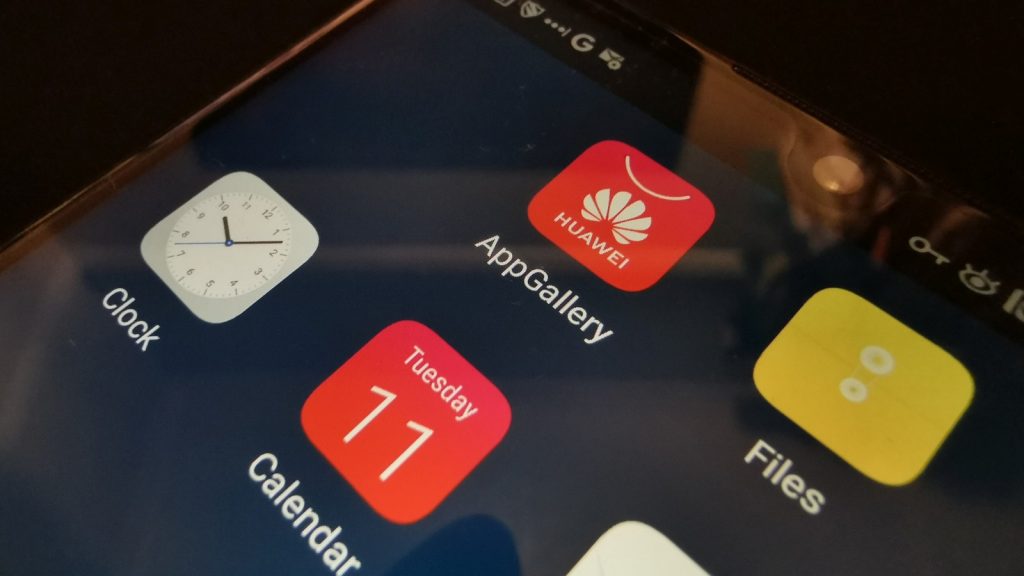Anthropic says its AI will not be used to spy on customers, even in government contracts. Here is what that means for AI governance, enterprise trust and defence partnerships.
Huawei, Xiaomi and BBK are readying a Google Play Store rival

Chinese smartphone heavyweights Huawei, Xiaomi, and BBK Electronics’ Vivo and Oppo are readying an alliance that could threaten the dominance of the Google Play Store on Android.
The Global Developer Service Alliance (GDSA), as it’s called, would see the creation of a platform that would allow developers to upload apps to all four stores simultaneously, offering developers added convenience and a wider reach than a single store could offer.
The platform’s also not just for apps, but music, video content, books, and other digital content.
Although Xiaomi told Android Authority that there’s “no competing interest” versus the Play Store, the platform is effectively a Play Store replacement for nearly 43% of the global smartphone market.
The report arrives courtesy of Reuters, which adds that the platform will initially debut in nine countries. It was to launch in March but has been delayed due to New Coronavirus fears.
Big news for Huawei
Although three firms are involved here, the news is probably most important to Huawei.
Last year, it was banned from using Google Services as part of its placement on the US entity list, or trade ban. This meant the likes of the Huawei Mate 30 had no access to the Play Store. It used its own Play Store alternative, the AppGallery, instead.
The company has since sunk even more marketing muscle into promoting the store, but despite its attempts to court developers, it still lacks a number of key apps.
It’s worth remembering that app availability is what killed the likes of BlackBerry and Windows OS.
With added support from Xiaomi and BBK, embracing the alliance does mean a larger potential reach for developers across a number of app stores.
China: Google’s Play Store and services blind spot
For Google, the formation of the alliance could pose a few problems too.
The company lacks presence in China. It’s Play Store is banned in the country, and the creation of another platform on which similar apps and content would be available — especially in eight markets beyond Chinese borders — does potentially threaten its global dominance.
Interestingly, three BRICS nations are included on the initial rollout list too — Indonesia, Russia and China. This could signal a possible introduction of the platform to South Africa at a later date. Huawei did stress last year that it intended to offer more SA-made apps in the AppGallery.
But it’s early days. Only time will tell how the alliance will function, whether it’ll be effective, and whether developers in the nine countries warm to the idea. Only if it’s successful will be see an expansion into other markets.
Either way, it does seem like the US’ cold shoulder towards Chinese technologies has bred something we’ve not seen in the app distribution segment for a while: innovation.
Feature image: Huawei’s AppGallery, by Andy Walker/Memeburn


